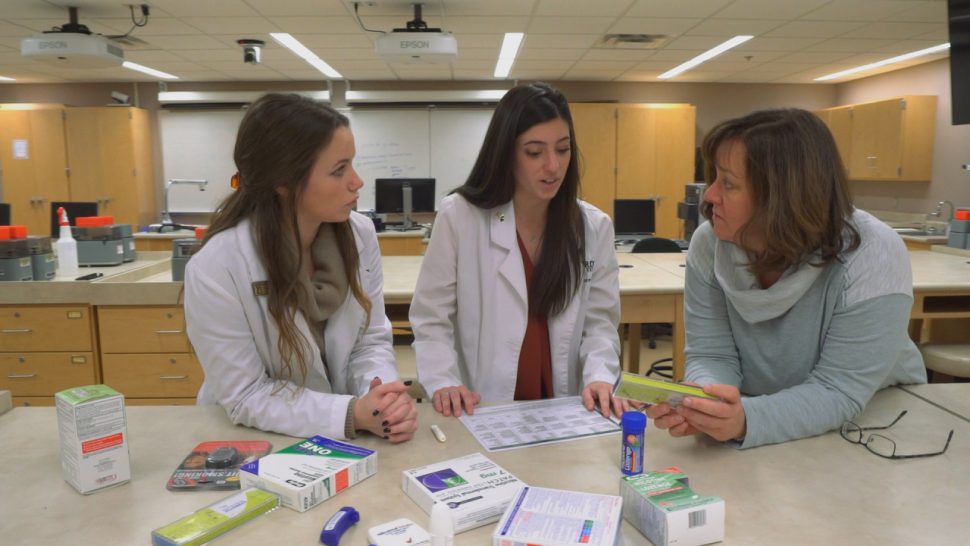John Tolley, February 5, 2017
Nearly one in five adults smoke or use other tobacco products on a regular basis. This is a staggering number given that tobacco use is the number one preventable cause of death in the United States.
And it is something that affects us all.
?Even if you?re not a tobacco user yourself, you?ve been impacted through someone else,? says Karen Hudmon, DrPH, MS, professor of pharmacy practice at Purdue University. ?It is an epidemic that we need to address head on.?
The Centers for Disease Control estimates that smoking costs the U.S. $170 billion in direct medical costs and an additional $156 billion in lost productivity-a significant financial burden for our economy, in addition to the public health threat it poses.
Hudmon, who lost her mother to smoking-related lung cancer at a young age, is a passionate advocate for tobacco cessation. This led her to help create Rx for Change, the only shared curriculum for healthcare professionals, from psychiatrist to cardiologist to pharmacists, on the topic of tobacco cessation counseling.
?This began in 1999 when we conducted a survey and identified that most pharmacists had not received professional training for helping people quit smoking,? says Hudmon, who started her career in pharmacy. ?We soon learned that other disciplines had the same needs. So it soon became a multidisciplinary program.?
With the programming tailored to fields of care, Rx for Change takes a layered and holistic approach to cessation treatment. That?s something that appeals to Purdue pharmacy student Olivia Walker.
?What I like about the program is that is focuses on the behavioral aspects of the patient and not just the nicotine replacement therapy,? says Walker. ?I know my personal experience in the smoking cessation classes I?ve assisted with, so much of it was behavioral. I was able to apply that more than just suggesting [nicotine] gum or a patch.?
The Rx for Change curriculum is distributed for free online, which not only allows for accessibility but for real time updating of course materials based on advances in research. Patients and their caregivers are also able to give feedback on elements of the program such as reaction to and experience with certain medications and counseling techniques. Podcasts help supplement in-class instruction and a new virtual patient feature allows students to hone skills developed through the program.
?We developed [Rx for Change] so that it could be implemented as a series of steps that takes a student from novice to expert,? explains Hudmon. ?We begin with knowledge-based information and then develop their skills, helping them implement it into practice.?
For Walker, who is preparing to enter the world of retail pharmacy, Rx for Change has helped shape the role she sees for herself as not merely a dispenser of medication, but as a community health advocate.
?It let me understand the fundamental ways that you can help a patient. There are these simple ways that you can make a difference and lead someone to living a longer and better life.?







